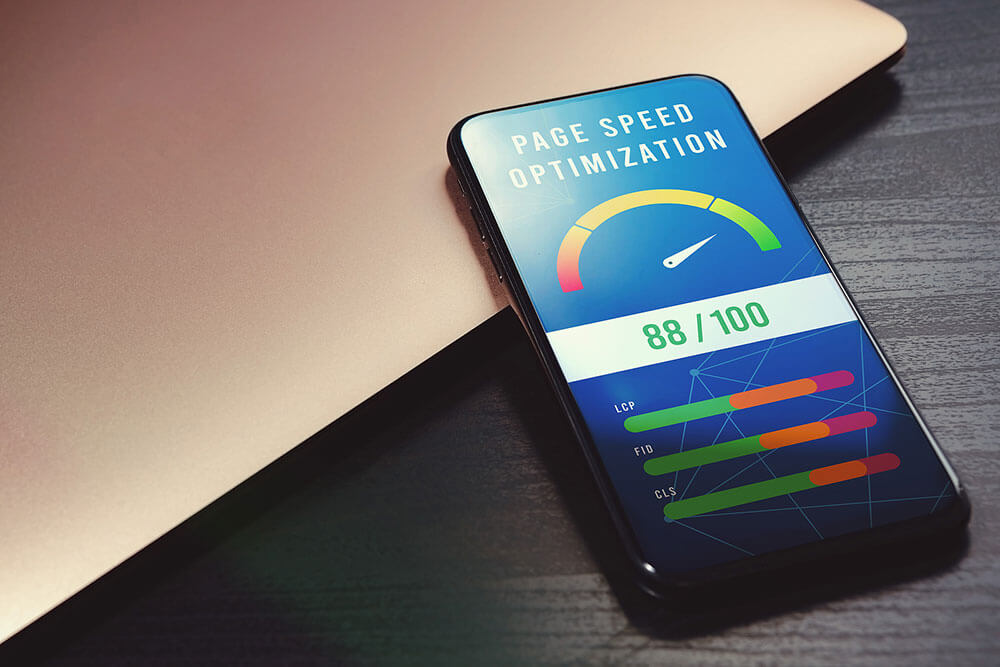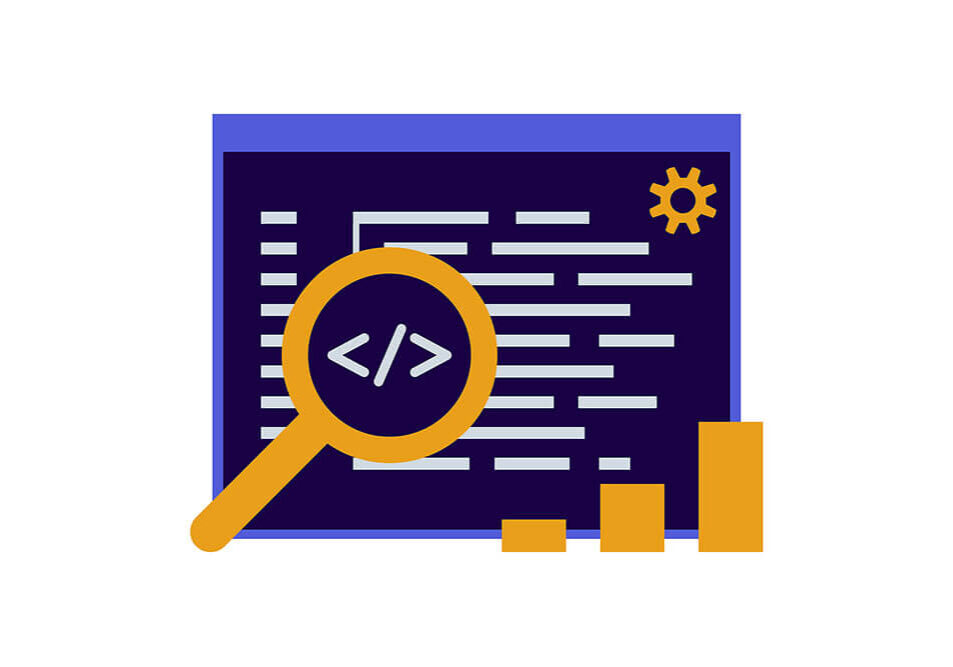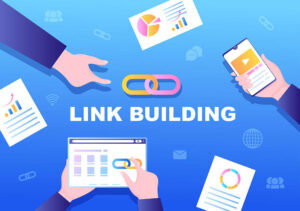How Does Website Speed Affect Rankings?
In today's Digital Marketing Mastery, we will talk about the impact of website speed on search engine rankings, along with why website owners and digital marketers must prioritize it for their SEO plans.
With millions of websites vying for users' attention, a quick-loading website is vital for user experience and search engine results. We live in a world where speed is highly valued, from super-fast internet to high-speed trains. When it comes to the functionality of websites, this is especially true.
Website speed has emerged as a crucial component of search engine optimization (SEO) that can significantly impact how well a website performs on search engine results pages (SERPs).
The impact of website speed on search engine rankings will be discussed in this article, along with why website owners and digital marketers must prioritize it for their SEO plans.

Why Is Website Speed Important For Rankings?
Users frequently use search engines like Google for information, goods, or services. These search engines rank websites using intricate algorithms that consider many different criteria, including website speed.
Website loading and content display speed relate to how rapidly a website loads and appears in a user's web browser. It is affected by several variables, including server response time, file sizes, coding, and design.
You cannot undervalue the impact of website speed on search engine rankings because users leave websites that load slowly, and website performance directly affects user experience.
Search engines like Google work hard to give users the greatest experience possible. As a result, they consider various factors when deciding how to rank websites and website traffic rankings on SERPs.
According to a study, if a website takes longer than three seconds to load, 53% of mobile users will leave it, and the bounce rate rises by 32% for every additional second. In addition to frustrating consumers, slow-loading websites can turn away potential clients and money.
How Does Website Speed Affect Rankings?
Due to its effect on user experience, website speed has become a crucial ranking criterion. Here are some ways the website speed can affect rankings!
Ranking Algorithm
Website speed is one of the crucial ranking indicators that Google's sophisticated algorithm considers. It is one of the signals the Google pagespeed algorithm uses to decide where websites will appear in search results.
In comparison to slower-loading websites, faster websites offer a better user experience and, as a result, are more likely to rank higher in search results.
Google's algorithm evaluates a website's total performance, including its speed, to ensure that websites offering customers a speedy and flawless experience are rewarded with better ranks.
User Engagement
A website's effectiveness can be determined mainly by looking at metrics that indicate user engagement, such as bounce rate, time spent on a page, and page views. The percentage of visitors who leave a website without interacting with its content can increase on slow-loading websites.
Visitors tend to spend less time on websites that take longer to load, which could lead to a shorter visit. Website SEO optimization results may suffer due to these low engagement signals, which search engines interpret as a symptom of a poor user experience.
On the other hand, websites that load quickly frequently have higher engagement metrics, longer time spent on the site, and lower bounce rates, which can help them rank higher in search engine results.
Mobile Search Rankings
Mobile search rankings are now essential for SEO due to the increased use of mobile devices for internet browsing.
The mobile version of a website is considered the primary version for indexing and ranking, thanks to Google's mobile-first indexing policy. Mobile pages that take too long to load may rank lower in mobile search results, reducing their visibility.
Hence, maintaining and enhancing mobile search rankings depend on website speed optimization for mobile devices.
Crawling And Indexing
Crawlers might be unable to access and index all of a website's content if it takes too long to load, leading to incomplete indexing. This can result in decreased exposure on SERPs.
On the other hand, fast-loading websites are easier to crawl and index, ensuring that their content is accurately assessed for page speed insights.
Website Performance
The effectiveness of a website is largely related to its speed. Poor server response times, a high frequency of server requests, and large file sizes can all affect a website with SEO.
The speed at which your website loads and reacts to user interactions is called website performance.
It includes several elements, such as code effectiveness, server response speed, and image optimization. Websites that run like well-oiled machines and deliver a faultless user experience are ranked highly by search engines.
Social Sharing
Social networking is vital for boosting brand awareness and website traffic. Social networking site users can provide beneficial backlinks and referral traffic, raising the website's ranking by traffic.
On the other hand, a slow-loading website may deter users from sharing its content on social media networks. This might result in less participation on social media, fewer backlinks, and perhaps even a reduction in ranks.
On the other hand, a quick-loading website makes it easy for people to share its content on social media, encouraging more social involvement, backlinks, and even higher ranks.
User Retention And Conversion
Users may abandon a website and look for alternatives if it takes too long to load. Lower user retention and conversion rates could result from this, which would be detrimental to the website's success as a whole.
On the other hand, quickly loaded websites offer a seamless and pleasurable user experience, increasing user retention and conversion rates.
Since search engines value user engagement and conversion rates as major indicators of website quality, this may have a beneficial effect on the website's rankings.
Get In Touch With Epitome Digital Marketing
Websites that load quickly and offer a pleasant browsing experience are more likely to rank higher on search engine results pages (SERPs) and draw in more visitors. Therefore, web admins and digital marketers should consider website speed a crucial component of their SEO tactics.
If you want to boost your rankings and enhance your online presence, look no further than Epitome Digital Marketing. Our team of skilled experts focuses on website speed optimization to improve user experience, engagement metrics, and search engine results.
We can assist you in building a lightning-fast website that draws more visitors and turns them into devoted consumers using our cutting-edge tactics and sector knowledge.
So, get in touch with our experts, who will undertake a thorough website analysis, pinpoint areas that can be improved, and offer specialized solutions to improve the functionality of your website.
Related Posts
Get Instant Access To Digital Marketing Mastery
Learn the secrets of quickly growing your business and bringing in more leads with our exclusive email list. Subscribers receive monthly emails about:










